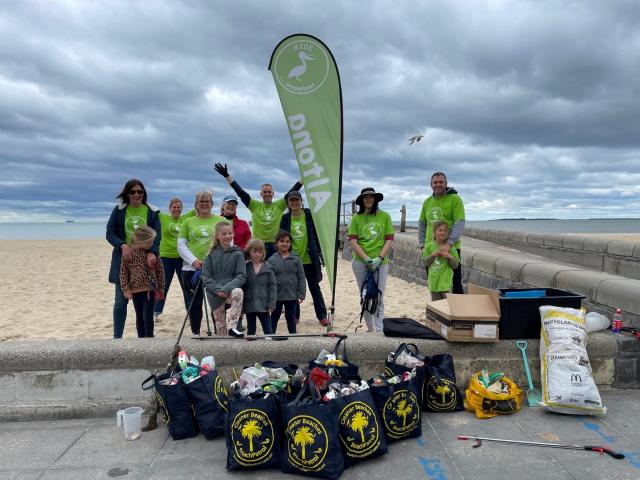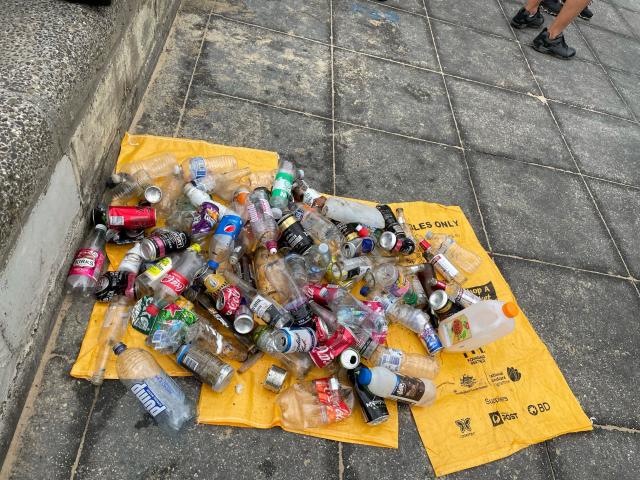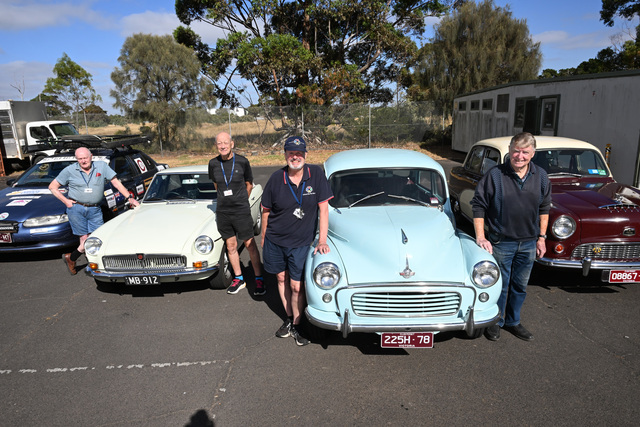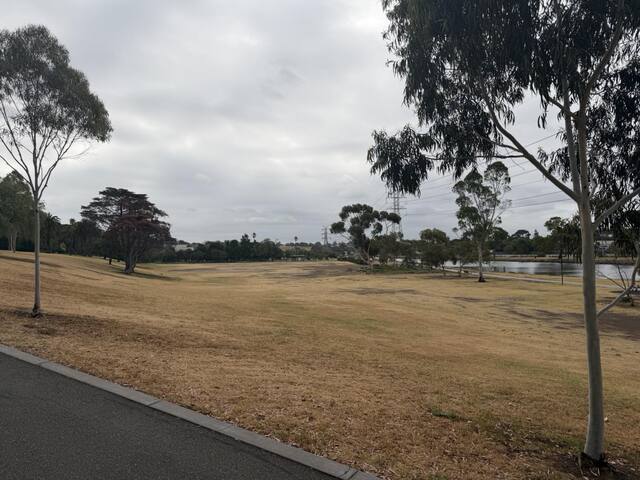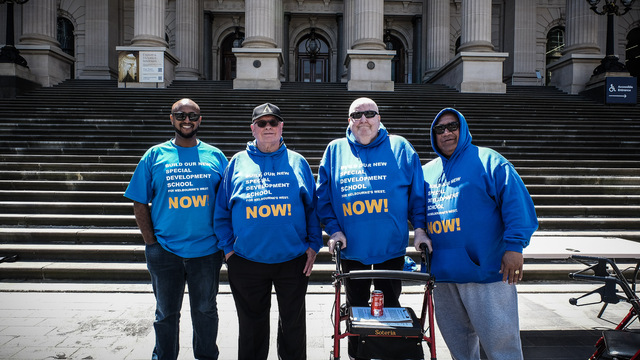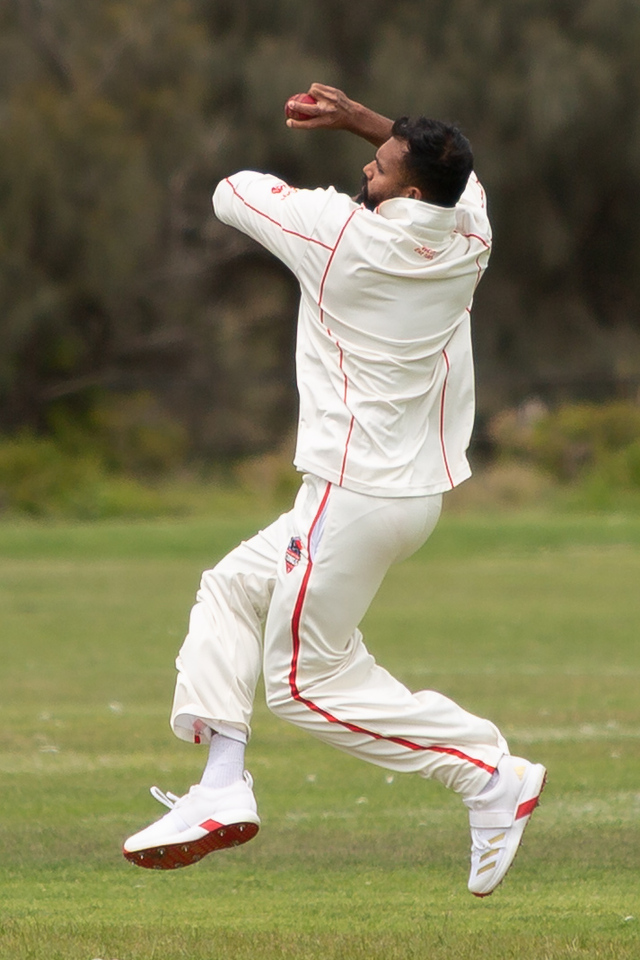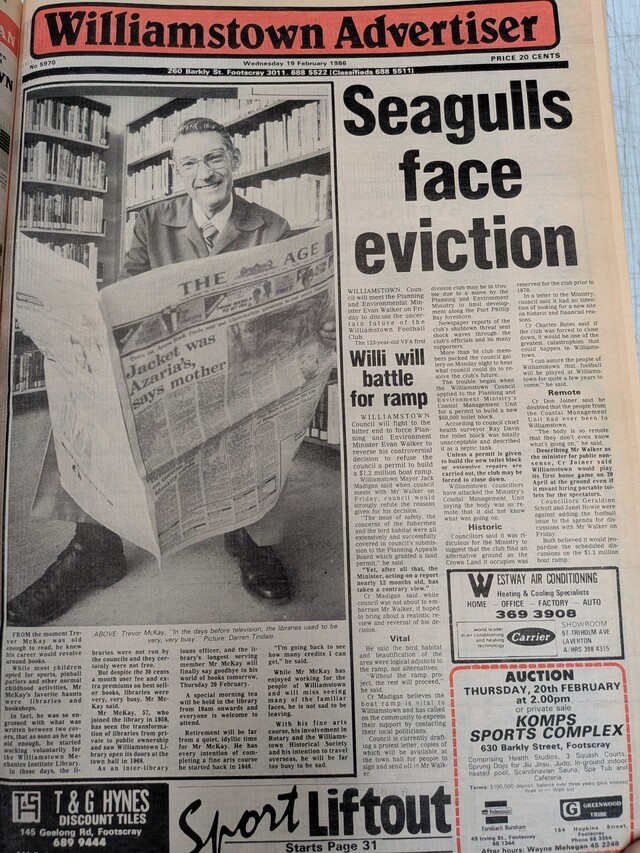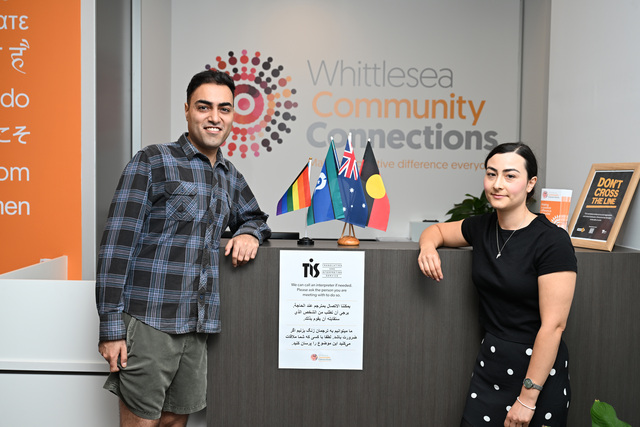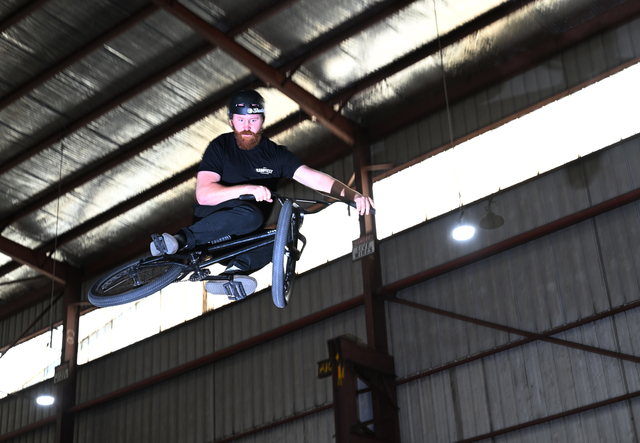An Altona Beach Patrol 3018 co-ordinator and volunteer has said a Commonwealth Scientific and Industrial Research Organisation [CSIRO] report showing plastic on Australian beaches had dropped by an average of 29 per cent was not reflective of the amount of waste on Altona Beach.
Sacha Blomer, who is one of the co-ordinators of the group which meets monthly to clean up the Altona Beach, said her experience at Altona Beach was that the amount of rubbish was growing at a rapid rate.
“The reality on the ground – from someone who is regularly collecting plastic from the beach – is that the amount of plastic rubbish found on our beaches has increased exponentially in just the last five years,” she said.
“Clearly, it has been a problem for decades, but I can not even walk through a national park area – coastal or inland – without stumbling over numerous pieces of plastic rubbish.
“The amount of plastic waste in our natural environment, which includes coastal areas, is at disaster levels.”
Published in the journal One Earth, the CSIRO report built on coastal litter surveys conducted in 2013 and included 563 new coastal surveys, and interviews with waste managers across 32 local governments around Australia.
Lead researcher and PhD graduate from CSIRO and the University of Tasmania Dr Kathryn Willis said the research focused on identifying which local government approaches had the greatest effect on reducing plastic pollution found on beaches.
“Whilst plastic pollution is still a global crisis and we still have a long way to go, this research shows that decisions made on the ground, at local management levels, are crucial for the successful reduction of coastal plastic pollution,” she said.
CSIRO researcher and paper co-author Dr Denise Hardesty said the increase in waste levies had delivered the second largest effect on decreases in coastal plastic pollution.
“Local governments are moving away from a collect and dump mindset to a sort and improve approach,” she said.
“Increasing community stewardship of the local environment and beaches has huge benefits.
“Not only does our coastline become cleaner, but people are more inclined to look out for bad behaviour, even using dumping hotlines to report illegal polluting activity.”
Ms Blomer said a nearby beach patrol group in Port Melbourne had collected 140 kilograms of rubbish on December 4, 2021, which was a 112 per cent increase compared to a collection the group made in December 2013.
“The amount of plastic rubbish being released into our environment has increased at an alarming rate, despite the efforts of community groups, councils & municipalities and all the best intentions of the public majority,” she said.
“The overwhelming majority of the rubbish collected is various forms of plastic – from fishing line to lightweight bags and packaging, to plastic lollipop sticks and soy fish, to miniscule pieces, to massive lumps, in the form of toys, polyester (plastic) clothing, to plastic bottles, bottle tops, coffee cup lids, disposable nappies, single use cutlery, wet wipes and so on.”
On average, the Altona group collected 52.8 kilograms during their monthly meet-up so far this year.

